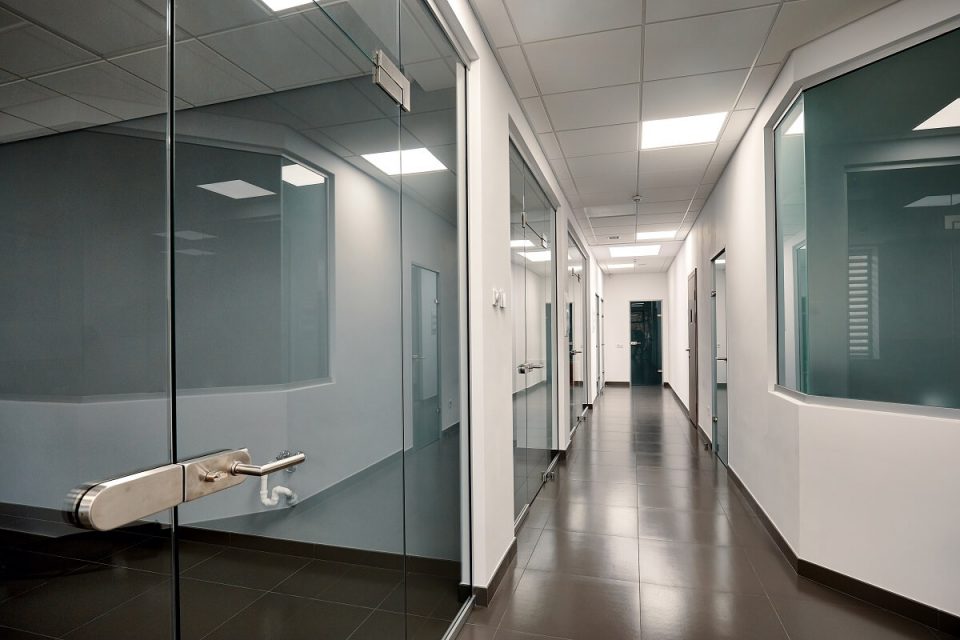Commercial real estate is an excellent way for a landlord to diversify its property portfolio and escape the ups and downs of the housing market. Negotiating a commercial lease, however, is a long process, and you must maximize the value that the renter and, therefore, you can get from the space. Here is what you need to do before you open doors to prospective businesses.
Safety
First thing’s first, you need to make sure your space is completely safe. That means having good security: strong locks and a night-shift guard. If the building that you’ve bought was built before 2000, you should check it for any materials that might contain asbestos. You should have emergency exits that are properly lit with emergency lighting, as well as having fire-doors to prevent the spread of fire. Ceiling sprinklers are also a good idea, as they will protect your investment in case of fire.
Legislation dictates that the maintenance of safety is largely the landlord’s responsibility. If you supply any gas to the site, you will need to make sure they are safe and arrange for yearly inspections of the system. The electrical supplies and any appliances that you supply as part of the package need to be inspected by a qualified engineer when appropriate (this will depend on the appliance). Any fixtures that you install to improve the space should also be maintained (e.g., if you have installed a large sculpture on a wall, you need to make sure that it won’t fall and injure somebody, if it does you will be responsible).
Insurance
Insurance is vital, and it might be essential for you to get a mortgage for your property. There are different insurance requirements for a commercial property, as risks of business operation are different from the risks associated with normal tenants. When negotiating insurance, valuation is an important step. You need to value your space by imagining a worst-case scenario in which the property is completely destroyed – it needs to include the cost of clearing the site and building it up again (including architect, engineer, and lawyer fees). This is very different from the market value of the property, so don’t get caught out.
Aside from building insurance, which should also cover small damages caused by earthquakes, smoke, flooding, storms, and vandalism, you will need some other insurance packages.
You will need public liability insurance, which will help to protect you if any member of the public suffers an injury or other damage as a result of connection with your property – if you have failed your duty of care to the public, you will suffer a substantial lawsuit. You have a similar responsibility to your tenants and their visitors, which is why you will need landlord’s liability insurance to protect against accusations of negligence if somebody gets injured in your property.
If you employ somebody to help you run the property, you should probably get employers’ liability insurance to protect that employee from a workplace injury or illness that has stemmed from their employment.
